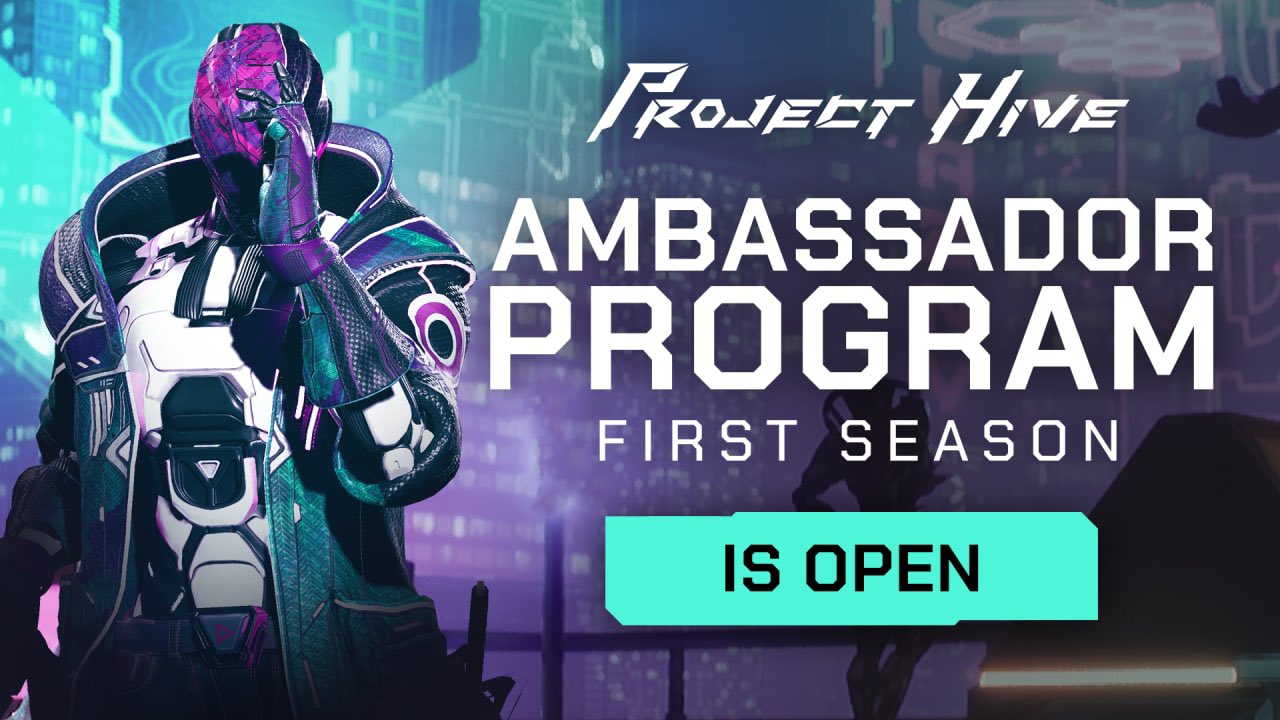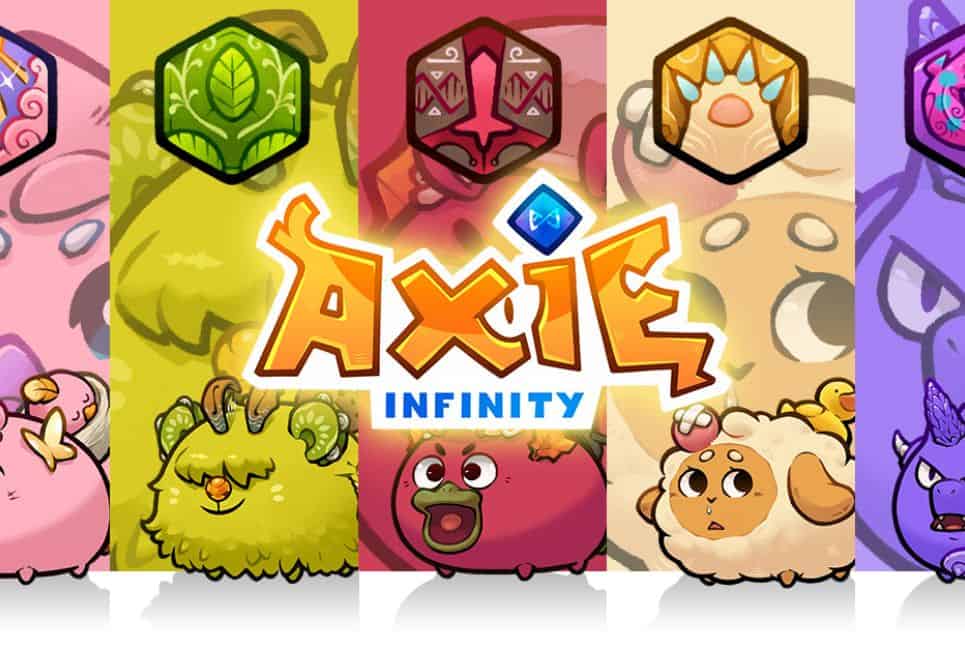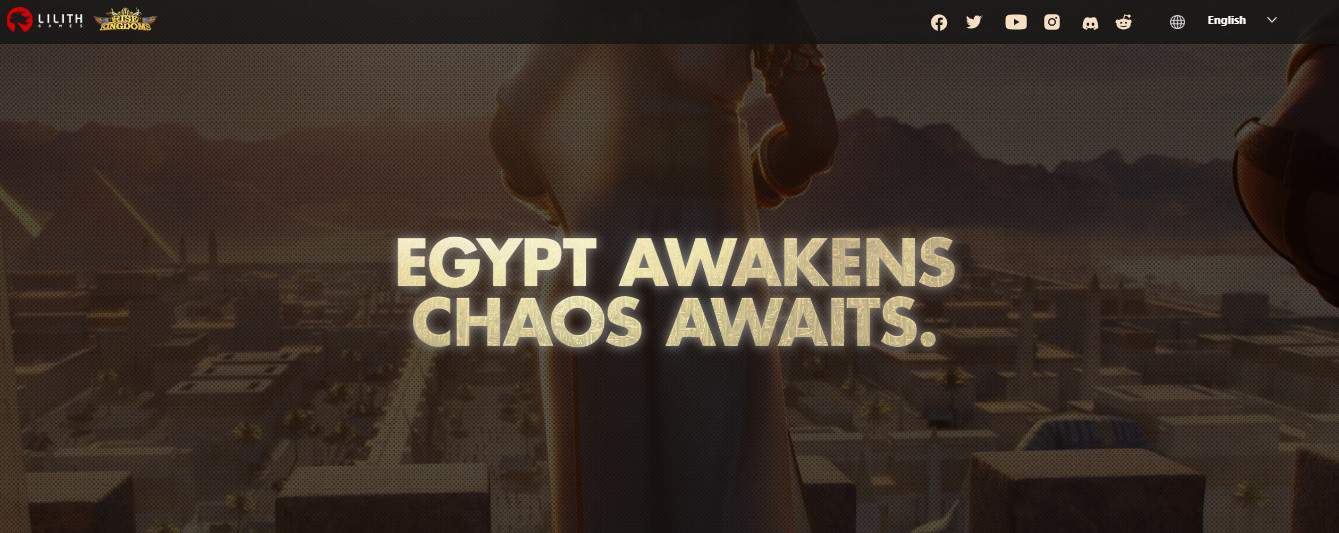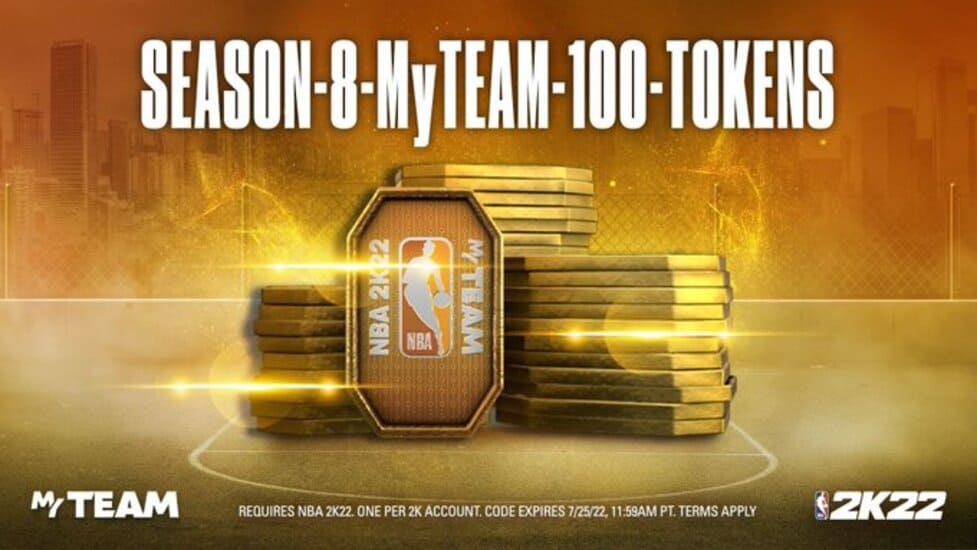- 9 Lives Arena Review: Building Your Legacy With A 24/7 Companion - January 22, 2023
- Star Atlas Game Overview - December 11, 2022
- Heroes Unchained Game Overview - November 13, 2022
Web3 is a rapidly-growing, fast-paced, ever-changing behemoth of a concept. Amidst a landscape of change, this new iteration of the World Wide Web incorporates never-before-implemented concepts of decentralization, blockchain technologies, and token-based economics.
In the wild west of Web3, its main proponents have introduced the democratization of data. Data security, scalability, and privacy for all users have become the main calling point for Web3 believers even while vocal antagonists argue that Web3, up till now, continues to solely serve as a buzzword or marketing term for floundering startups.
Why, then, would you ever want to invest your time learning the nuances of the Web3 environment?
Remember that the primary purpose of Web3 is to leverage already existing ideas and benefits of traditional Web2 and Web1.
While many currently existing jobs in the market may also be found in Web3.0 organizations, specific nuances and additional features differ the core function of these jobs. A Web2 domain flipper, for example, would usually buy a domain, improve its Google rankings through SEO, and resell it for a profit. A Web3 domain flipper would utilize token technology and purchase partial shares of multiple domains; this process builds their portfolio faster and exponentially increases earning potential.
Today, we tackle the best methods to earn using Web 3.
Bottom Line Up Front
If you don’t feel like going through the whole article, don’t fret. Here’s a quick rundown of what we have in store.
If you have the time to actively learn and participate in Web3 and everything it has to offer, get into development work and consulting. Suppose you believe in Web3’s core ethos of democratization. In that case, development and consulting is the best way to ensure you stay on top of emerging technologies.
If you don’t have the time, your money might be best placed in Web3 staking. While staking won’t grow your network or skillset, it’s another way to earn passive income by supporting the Web3 network.
Selection Criteria
To make choosing the best ways to make money through Web3, we’ll be taking a peek at several key factors:
- Business Types: Is the idea product-based, service-based, or driven by an audience or following?
- Effort: how much time, skill, or experience, will you need to put into making the idea work?
- Startup costs: how much upfront cash will you need to launch the concept?
- Return expectations: how much can you expect to earn from this? Is the income fixed or exponential?
Look, I understand that not all of us have 8 free hours every day to work on a crypto-related passion project.
And that’s totally fine.
Inclusivity is a core principle of Web3. If you’re interested in earning a full-time income (and maybe more) using this technology, then I’m sure there’s something out there for you.
Other factors, such as the timeframe to get your return on investment, may also be considered. However, due to the high variability of the crypto market as of late, I decided against it.
But Wait! Why Should You Trust Me?

My name is Matthew Du, and I pride myself on being a Web3 geek. I’ve been investing in cryptocurrency since 2017 – so I guess you could say I’ve seen it all. Even after the Great Crypto Crash of 2018, I continued investing my time and money into decentralized finance. And believe I did when 2020 came, and the market skyrocketed.
I’ve taken great interest in many things throughout my life. None have captivated my attention as much as Web3. To this day, I continue to read, review and participate in any crypto project that fascinates me.
This article culminates everything I’ve learned about earning through Web3. I hope that, in 6 months, you may come out with a greater appreciation for the economy backing the Web3 system.
My Top Picks
I’ve spent the last 5 years of my life eating, living, and breathing the chaos of the Web3 market. During that time, I learned a lot about the market.
Here’s a short breakdown of my top picks depending on your situation:
- Best For Passive Investors: Staking
- Best for Active Participants: Dev Work and Consulting
- Best For Gamers: Gaming Guilds
- Best For Influencers: Personal Tokens (honorable mention: Ambassador Programs)
- Best For Artists: NFTs
8 Great Methods To Earn Using Web 3.0
1.) Staking
- Business Type: Product-Based
- Effort: Low
- Startup Costs: Low
- Return Expectations: Low
Staking is the process of “locking” some of your cryptocurrency into a network and earning a percentage-rate reward over time.
Some cryptocurrencies need staking to operate. Through a “consensus mechanism” called Proof of Stake, this is how they ensure that all transactions are verified and secured without needing a bank or payment processor.
If you stake your crypto, they become part of the process – and you are rewarded for participating. (Similar to how mining works in Proof of Work models)
Because Proof of Stake is a newer consensus mechanism whose explanation may be confusing for some beginners, here’s an analogy for what staking is.
Staking is akin to a bond, where you lock up your money and, in exchange, earn rewards or interest.
The added benefit of crypto staking is that it adds to the overall security and efficiency of the network. Remember that Proof of Stake cryptocurrencies rely on staked coins to verify transactions. Thus, having more coins locked up and staked makes the blockchain more resistant to attacks and strengthens its ability to process transactions.
Some projects even go so far as to provide governance tokens to staking participants. This gives their holders a say in future changes and upgrades to the protocol, similar to a stock holding.
To start staking, you may look at crypto exchanges and contribute an amount you can afford to a staking pool. In return, they’ll provide you tokens of an equal amount to your investment. These tokens’ value may also rise and fall based on the performance of the network of decentralized node operators.
“Decentralized node operators” serve to validate and secure your staked cryptocurrency.
Alternatively, you could start your own validator. This is a much more nuanced and technical method of staking that may not be welcoming to beginners. It’s also much more expensive and requires more upfront capital. For the purpose of this guide, we should stick to contributing to staking pools for now.
2.) NFTs

- Business Type: Product-Based
- Effort: Low for Investors. High for Creators.
- Startup Costs: Low
- Return Expectations: Low For Investors. High For Creators.
There’s a common saying on the internet. “NFTs are the new Beanie Babies.”
They’re novel, scarce, and extremely hyped up.
For the most part, I tend to agree. There are a lot of nuances that go into this argument so let’s lay down some information.
NFTs, or Non-Fundible Tokens, are unique cryptographic tokens that exist on a blockchain and cannot be replicated. Non-Fungible means that an asset is unique and can’t be replaced with something else. Trading cards, historical art pieces, and land are non-fungible because each unit has fantastic qualities that add or subtract value.
While digital art is likely the most famous example of NFTs, an NFT can really be anything digital. From drawings and artwork to music and video, any digital asset can become NFT so long as it goes through the tokenization process.
What makes NFTs a great way to earn? The answer depends on whether you’re an artist or a buyer.
As an artist, you’ll likely be interested in NFTs because it gives you a way to sell your work. One of the biggest problems that digital artists face is credit. 5 years ago, you could post your piece online. A week later, you might then find the same photo in a different corner of the internet with another artist claiming the work. With the added protection of the blockchain network, converting your piece into an NFT would help viewers and yourself track down the original version through the unique token it provided on the blockchain.
The average NFT creator earns royalties from 5-10% of every sale. Before releasing a piece for sale, most NFT marketplaces will allow the creator to set their royalty percentage and automatically receive payments from each subsequent deal.
While the return on investment may be high, garnering enough skill and reputation requires years of constant practice. The exceptions do not form the rule, and it is not surprising to find how most creators barely earn a livable wage from NFT sales and royalties.
As a buyer, you get to financially support artists you like and the bragging rights of knowing you have ownership of a one-of-a-kind asset (unless, of course, the artists decide to make more).
An NFT buyer is akin to an art collector. Some collectors seek limited editions from high-profile artists with the intent to resell the piece for a profit. In contrast, other collectors buy a piece to simply appreciate and live with the art.
While I personally own a few NFT pieces from projects I believe in, the recent slump in crypto and NFT prices have made me realize that perhaps the space is overvalued. Without NFT applications or assets that provide real value, it’s difficult to defend the valuations that some of these NFT projects, such as Beeple’s Crossroad and Grimes’ Death Of The Old, were once selling for.
3.) Democratized Assets
- Business Type: Product-Based
- Effort: Medium
- Startup Costs: Medium
- Return Expectations: High
We touched on this concept with NFTs but never really dove in for what this means.
Let’s take domain tokenization as our primary example.
Domain tokenization is the process of tokenizing an existing domain such that it can be owned by multiple people. This allows a cohort of potential investors to come in and buy tokens representing shared ownership of the asset.
A $100,000 domain name may be converted into 100,000 tokens through tokenization. Each token will then carry a 0.001% ownership share of the domain.
The tokenization process offers better liquidity, faster settlements, and the potential for exponential growth through crowdfunding.
While this particular investment process may not be for everyone, I’m interested in its applications as someone heavily involved in the world of content marketing and SEO. The method of domain tokenization allows me to build a portfolio of websites whose traffic I can grow through blogging. Motivated by our investments, staked owners would be economically incentivized to pool together resources to add genuine content and promote the website.
I’ve been following a company called Cloudname in this industry, and my search for more investment opportunities has led me to conclude that the democratization of assets outside of art, music, and images is the next step for blockchain technology.
With other companies like tZERO and Securitize leading the charge for asset tokenization, I firmly believe that we might be seeing the future of end-to-end fundraising and venture capitalism.
4.) Dev Work and Consulting

- Business Type: Service-Based
- Effort: High
- Startup Costs: Low
- Return Expectations: High
DAOs operate like any other business. They need their marketing, operations, finances, and software development to work perfectly with one another.
With many industries seeing the potential in using blockchain, the opportunity for blockchain consultants and developers has risen.
Blockchain consultants intend to assist in the technology’s potential use cases, aiming to develop and implement critical strategies that optimize business efficiency. Companies such as PixelPlex, Accenture, and BCG all have strong blockchain consulting arms that operate under the guise of understanding the technology, determining how blockchain can be molded to create value, and developing an approach that captures this value early on.
On average, Glassdoor estimates the total pay for a Blockchain Consultant stands at around $94,669 per year. Of course, receiving this salary requires years of study and involvement in the blockchain industry – so investing time and effort early on is an absolute must for aspiring applicants.
Blockchain developers, on the other hand, have a national average salary of $109,766 in the United States, by Glassdoor’s estimates.
Developers are responsible for developing the core architecture of a blockchain system, its protocols, and other high-level decisions related to the technology. Once these are established, software developers may pivot into using this architecture to build decentralized applications.
Regardless of your chosen path, time and effort are the direct investments you’ll make. It may take years to build an authoritative portfolio and create a positive reputation within the industry, so the best time to start is today. You can forge ahead a career in Blockchain technology by going through, finding, and applying for various development and consulting jobs through websites like Linkedin or Web3.career.
5.) Ambassador Programs

- Business Type: Audience-based
- Effort: High
- Startup Costs: Low
- Return Expectations: High
I’m primarily an SEO guy. The industry I’m in thrives off of blogging and affiliate marketing.
In Web3, affiliate marketing takes on the form of ambassador programs.
With Web3 projects thriving on customer loyalty and community building, ambassador programs are a way to reward influencers for creating content, driving leads, and spreading the word about the project.
The Project Hive Ambassador Program, for example, rewards participants for accomplishing tasks like sharing and liking posts, making Twitter threads, writing articles, or even making infographics and videos.
Essentially, an ambassador program is launched to extend the reaches of a blockchain project by onboarding influencers to promote, represent, and expand their network.
Many ambassador programs typically offer 10% of the total net revenue generated from referrals. While this may be a lucrative method to earn money, ambassador programs are heavily audience-based. It may not be so kind to those without the means and know-how to build a following. If you don’t have a large subscriber base, the time investment required to build an audience may be too much for you.
6.) Gaming Guilds

- Business Type: Product-Based
- Effort: Medium
- Startup Costs: High
- Return Expectations: Medium-High
I hold gaming guilds close and dear to my heart. I used to run a team of Axie Scholars that was, at its peak, earning thousands of dollars a week.
While the initial financial investment may seem significant, the returns you’ll get far outweigh the seed capital.
Essentially, a gaming guild is a group of players that support each other in the game as a community. The best guilds provide training, tools, and funds to players that otherwise could not afford them. Hence, the success of one player is the success of the whole guild.
In blockchain games like Axie Infinity, this means that if one player earns, the income is shared with the rest of the guild.
Blockchain games have a high cost of entry. A gaming guild may come in and offer “scholarships” to aspiring gamers. Members may then lend or “rent out” NFT gear or items to these scholars, which will then be used to complete quests and earn rewards.
When the scholar wins and earns, guild members share the profits. Typically, 40% of these earnings go to the guild managers, while the remaining 60% is kept by the player. The actual figures depend on the cryptocurrency you’re earning, so ensure you know the tokenomics behind the game.
As a manager, you’re incentivized to lend out your gear to start creating passive income through your scholars.
As a player, you’re incentivized to join these guilds as it reduces the cost of entry to blockchain games. You may even reinvest the money you’ve earned later on to start building guilds of your own.
7.) Just… Blockchain Games In General

- Business Type: Product-Based
- Effort: High
- Startup Costs: Low
- Return Expectations: Medium
Before I was a manager for a small gaming guild, I was, obviously, a player.
Blockchain games provide the allure of competitive games while combining them with the capacity to earn a full-time salary. Some players have ever gone on record and mentioned that they’ve earned up to a million dollars from playing blockchain games.
With NFT games forecasted to be worth $USD2.845 billion by 2028, there’s some genuine interest from developers and gamers looking to get a piece of the pie.
While the earning aspect of the game is fascinating, I find the actual gameplay of some of these blockchain games to be quite lacking at times. Aside from games like Gods Unchained, which heavily capitalized on the use of Trading Cards and NFTs, other games don’t have the same feeling of authenticity and exhilarating gameplay.
League of Kingdoms, for example, resembles the gameplay of popular games like Rise of Kingdoms. However, the actual game looks like it came straight out of 2007.
While there’s genuine money to be made in blockchain games, I believe that games should primarily be made to be games first and income-generating second. Right now, blockchain developers seem as though they’re more interested in the latter.
8.) Personal Tokens

- Business Type: Audience-Based
- Effort: High
- Startup Costs: Low
- Return Expectations: Medium
I’m an avid fan of the NBA. When I heard that Spencer Dinwiddie of the Brooklyn Nets tokenized his NBA contract, allowing NBA fans to invest in him, I was really intrigued.
The recent trend of personalized tokens allows third-party individuals to invest in you as a person, creator, or fellow business owner.
The benefits of creating a personal token include the dynamic pricing structure for your service, the direct incentive to deliver value, and generating early access to market capital as people buy and trade your personal token.
As an investor, a personal token allows you to get a “piece” of the celebrity. Often, this can be done in exchange for time with the celebrity. The social token essentially represents a creator’s own economy. Solo Ceesay, the co-founder of personal token platform Calaxy, says, “This is all about capturing your own value; if you’re influencing so many people, there’s no reason you shouldn’t have a publicly verifiable market cap or a value as a person.”
Essentially, if you have a large following, you (and your time) will be worth a lot of money.
While there are clearly some ethical and moral question marks surrounding this statement (Can we really put a specific monetary value on ourselves and our time?), it’s a great way to earn money if you already have a large audience.
FAQs
Question: How Do I Invest in Web 3.0?
Answer: While the obvious answer here is to invest in web3 through crypto assets, you could also opt to invest in tangible companies that continue to develop web3 solutions. Examples include Microsoft, Nvidia, and Coinbase. Of course, you could also invest your time and effort to learn more and contribute to the blockchain industry.
Question: Does Web 3.0 Have A Future?
Answer: The core of web3 is the democratization of data and the improved security of your data and assets. While web 3 is predicted to be the next iteration of the internet, only time will tell if Web3 will ever become a staple in our global culture. But so long as companies continue to invest, research, and experiment with the utility of blockchain in our day-to-day lives, at the very least, some form of the blockchain will become a staple. The blockchain will allow us to read, write, and own the content we put out on the internet.
Question: Is Web 3.0 only on Ethereum?
Answer: While the premise of Web 3.0 may have been coined by Ethereum co-founder Gavin Wood during Ethereum’s launch in 2014, Web 3.0 is not only “on” Ethereum. It’s built on the blockchain but propelled forward by the people investing their time, money, and effort into the premise of a decentralized internet and metaverse.


